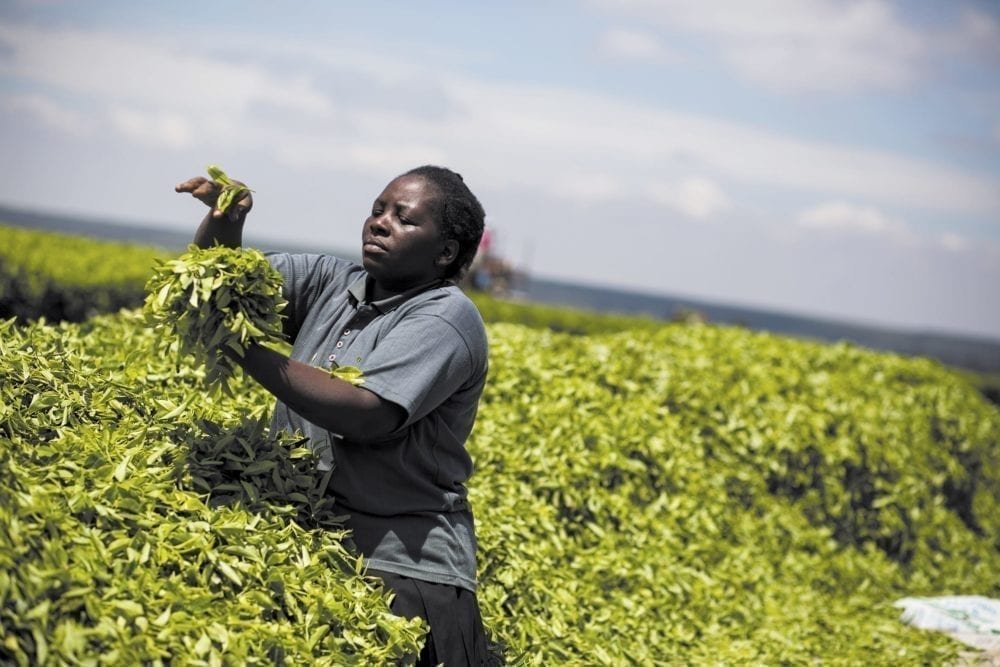Millions of farmers in developing countries who produce everyday foods for UK consumers are themselves still going hungry and struggling to feed their families, the Fairtrade Foundation has warned.
A broken system
As part of of Fairtrade Fortnight (Feb 29 – March 13), the organisation highlights that, while we sit down to a breakfast coffee, the periods of food shortage are so acute for some coffee farmers they’ve acquired their own grim names – such as Chulga (food suffering) in Ethiopia and or Los Meses Flacos (the thin months) in Nicaragua.
‘It’s a tragic irony that so many of the people we rely on three times a day, from breakfast to dinner, should be going hungry themselves in the 21st century. The current system is broken and farmers are paying the true cost on our behalf.’
Michael Gidney, CEO of the Fairtrade Foundation
Stand up for farmers
Figures from the Fairtrade Foundation’s new briefing, Breaking Fast, highlight how small-scale farmers and plantation workers supplying our breakfasts as part of multibillion-pound coffee, tea, cocoa and banana industries often struggle to feed their own families all year round.
The organisation has launched a national campaign in which thousands of people across the UK will ‘sit down for breakfast and stand up for farmers’. The aim is to raise awareness of the plight of farming families facing poverty and support better, fairer trade for growers of tea, cocoa, bananas, coffee and other crops sourced from around the world.
‘Before Fairtrade we were losing money and that caused us to reduce our nourishment. We had to measure the amount of food – the rice, the meat, our clothes… Those were critical times. I had either breakfast or lunch. We always tried to have our dinner. The portions were small and didn’t leave us full.’
Leonidas Jiménez Chaparro, a small-scale farmer from Banafrucoop Cooperative, Colombia
Making the world’s breakfasts
In the world’s main tea-producing regions, more than 30% of children are malnourished – resulting in stunted physical and mental development. In Malawi, this rises to 50%.
65% of cocoa farmers in Côte d’Ivoire lack enough resources for food during the months of July and August. 80% live on less than 40p a day per person.
Smallholder coffee farmers in three Central American countries were found to have no guarantee of food security for 3-4 months every year.
Fairtrade’s campaign follows recent warnings by the UN and other organisations of an impending food crisis, after two years of erratic rains and drought alongside the powerful El Nino events and rising food prices.
 Play Video about This Rock Might Just Save The World
Play Video about This Rock Might Just Save The World Play Video about Play 2 hours of rock
Play Video about Play 2 hours of rock Play Video about Play 2 hours of brook
Play Video about Play 2 hours of brook Play Video about Play 2 hours of sheep
Play Video about Play 2 hours of sheep











































